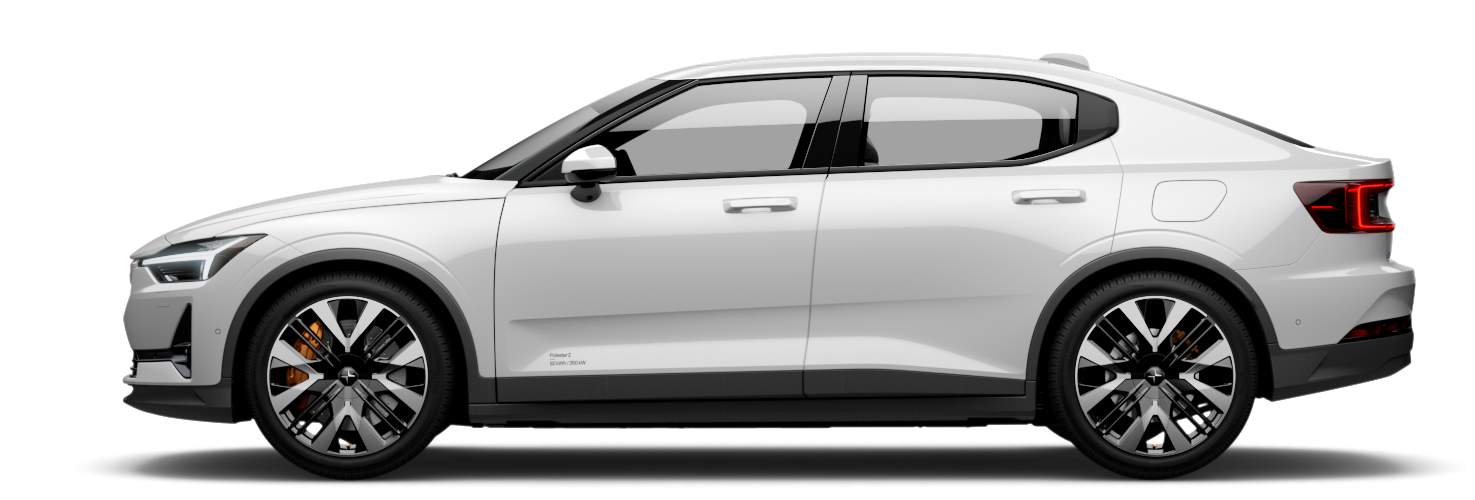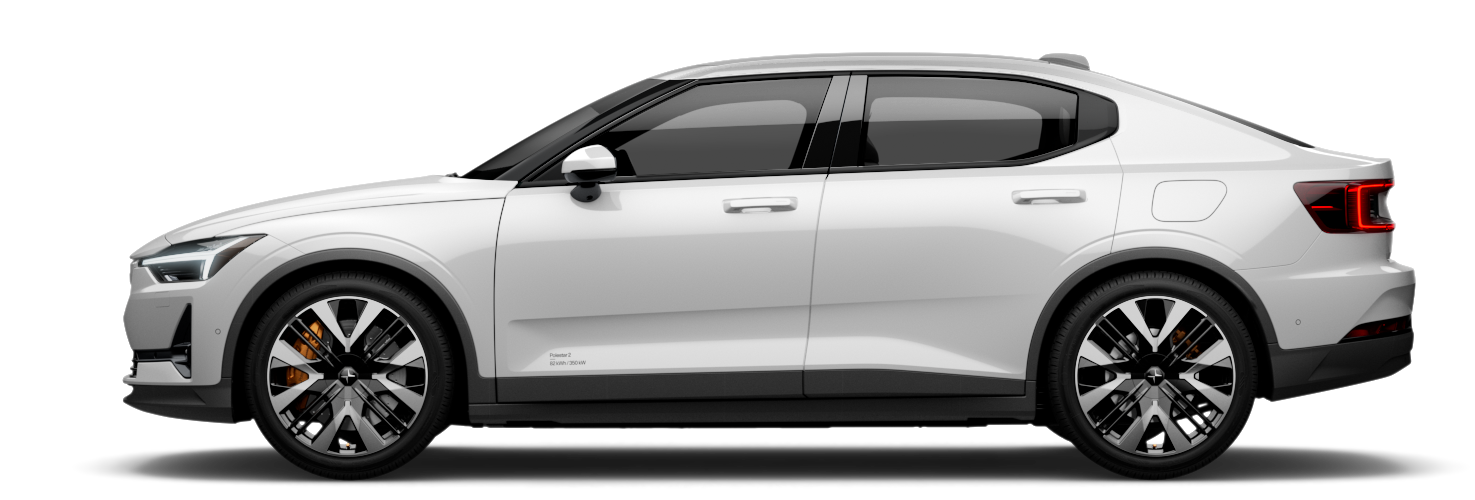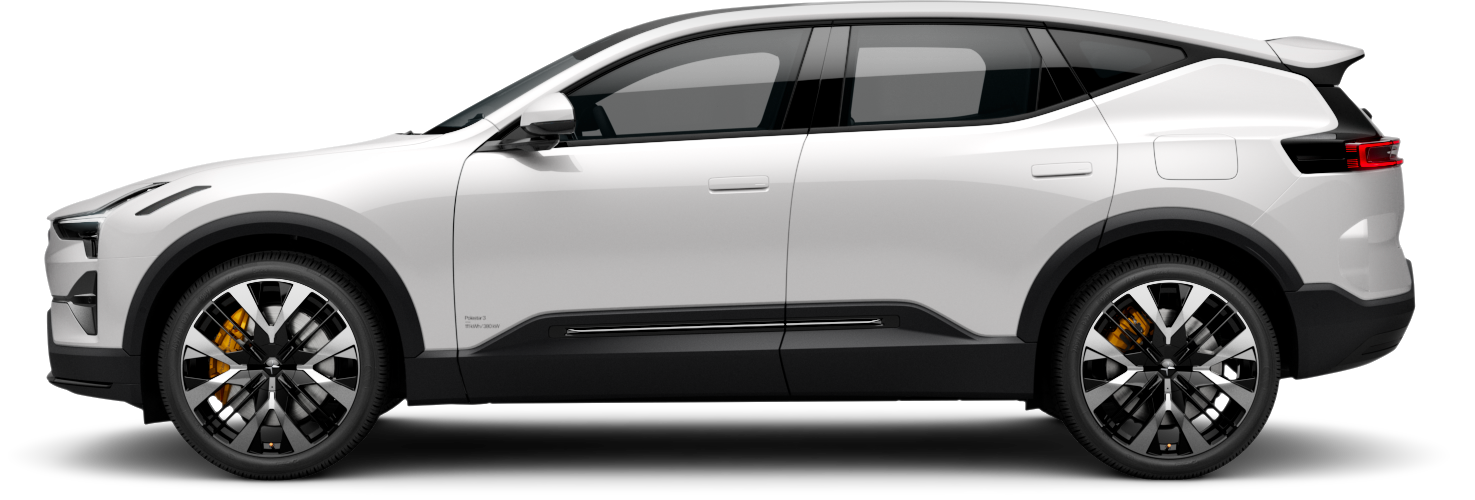KOJA
Koja [kåj`a], noun. 1. A Swedish word meaning “hut” or “den”. 2. A minimalistic building, realised in sustainable materials, that provides an immersive nature experience.
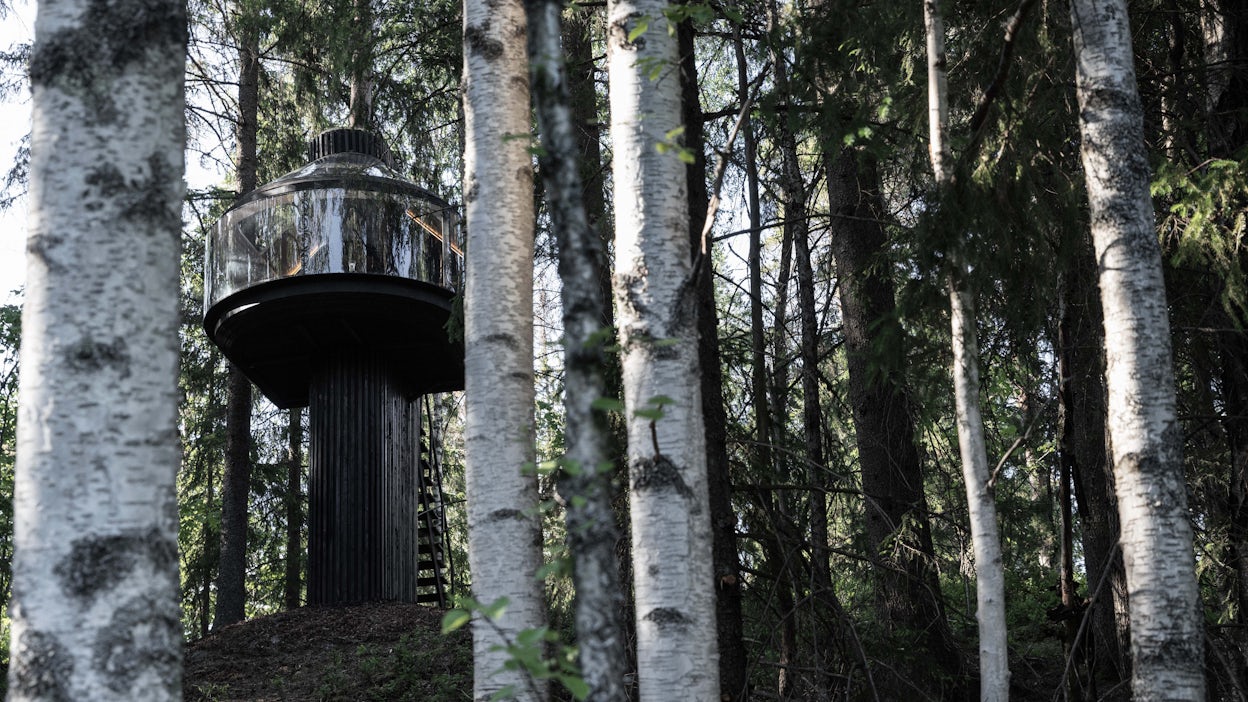
Most designers look at the design from a user perspective. I also look at things from the environment’s perspective.
Acting on both a responsibility to future generations and the planet, as well as the realisation that if we don’t take better care of the environment, there won’t be any users, the Finnish designer set out to make something desirable and realistic. Something that invites visitors to remember their local environment and their place within it. And in doing so, be encouraged to act regarding the unfolding emergency that is the climate crisis.
Answering the 2021 contest’s theme of “progress”, KOJA encourages societal progression while offering some potential solutions to current issues like the aforementioned climate problem. Realised in sustainable materials such as wood and wool, KOJA encapsulates both the Polestar design language and our sustainability values, symbolizing a shift in both the way we use materials and the way we define a space.
The jury panel of the 2021 Polestar Design Contest were impressed enough to award KOJA the honourable mention. And we were all impressed enough to realise it in real life.
Assembled in Fiskars, an art and design hub in southwestern Finland, KOJA is the first submission from the Polestar Design Contest to be realised at 1:1 scale, taking form alongside the Fiskars Village Art & Design Biennale. A “topical, egalitarian platform for encounters between makers and enthusiasts”, the Biennale is a natural backdrop for Talvitie’s ground-breaking design.
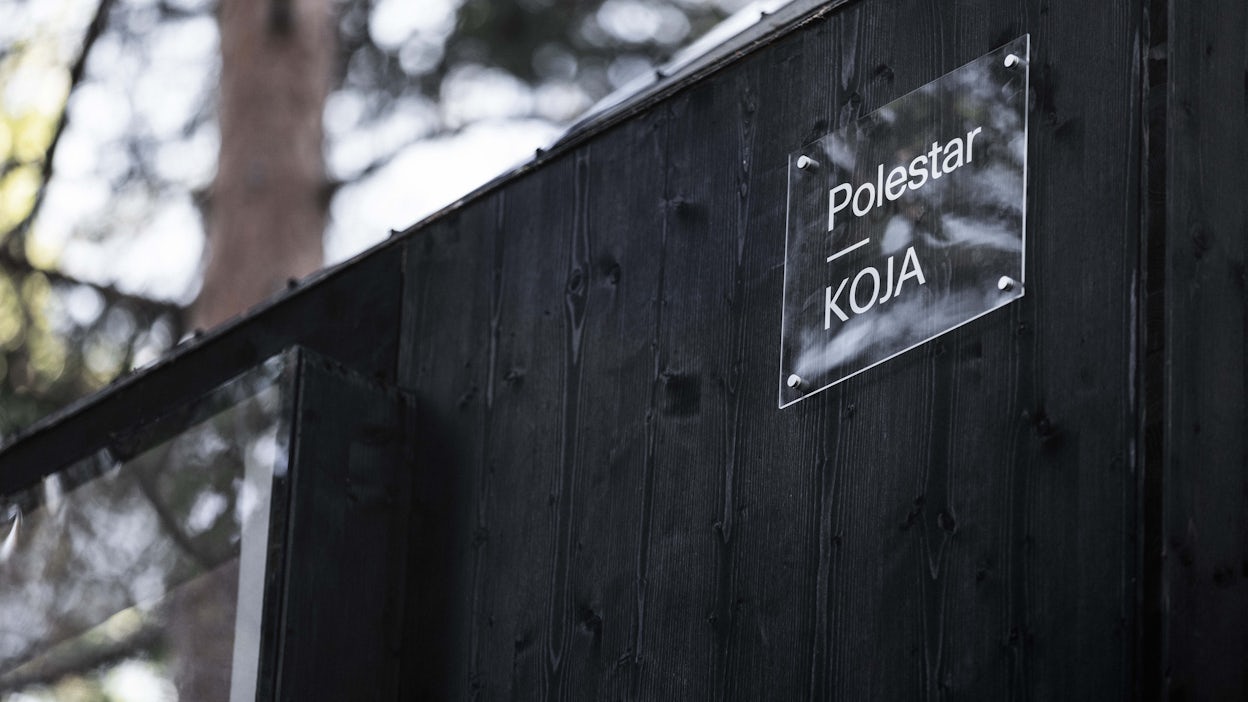
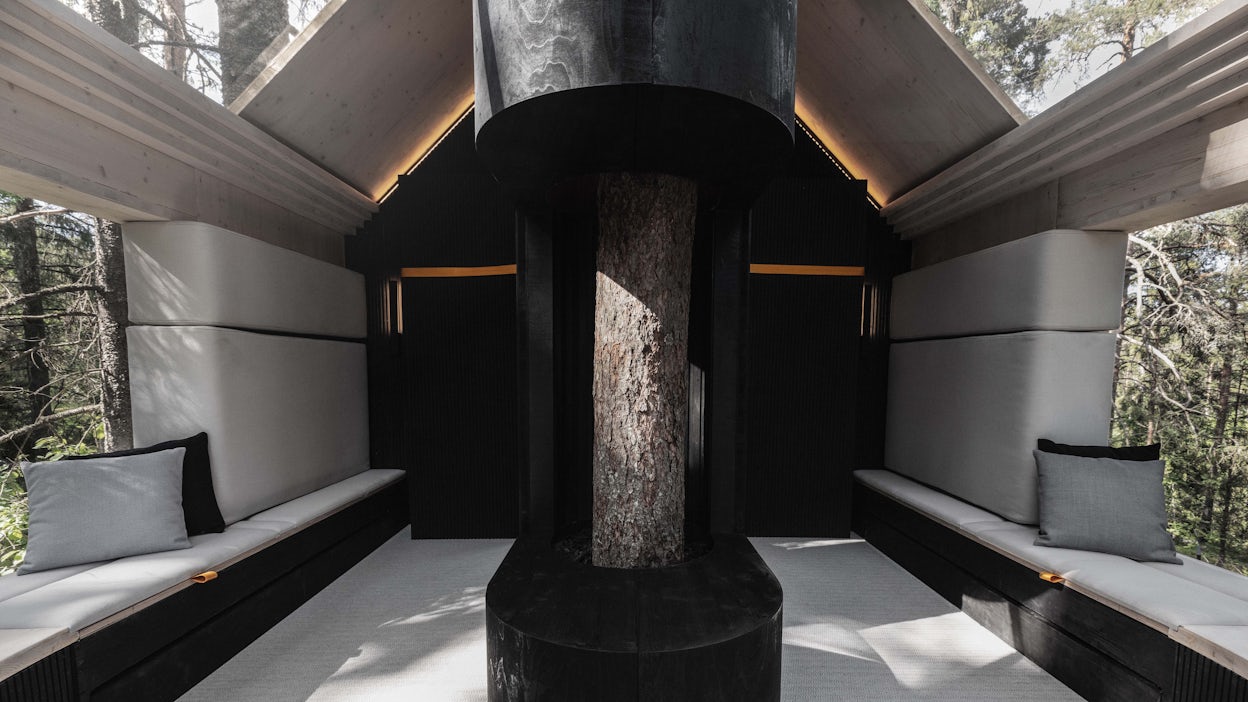
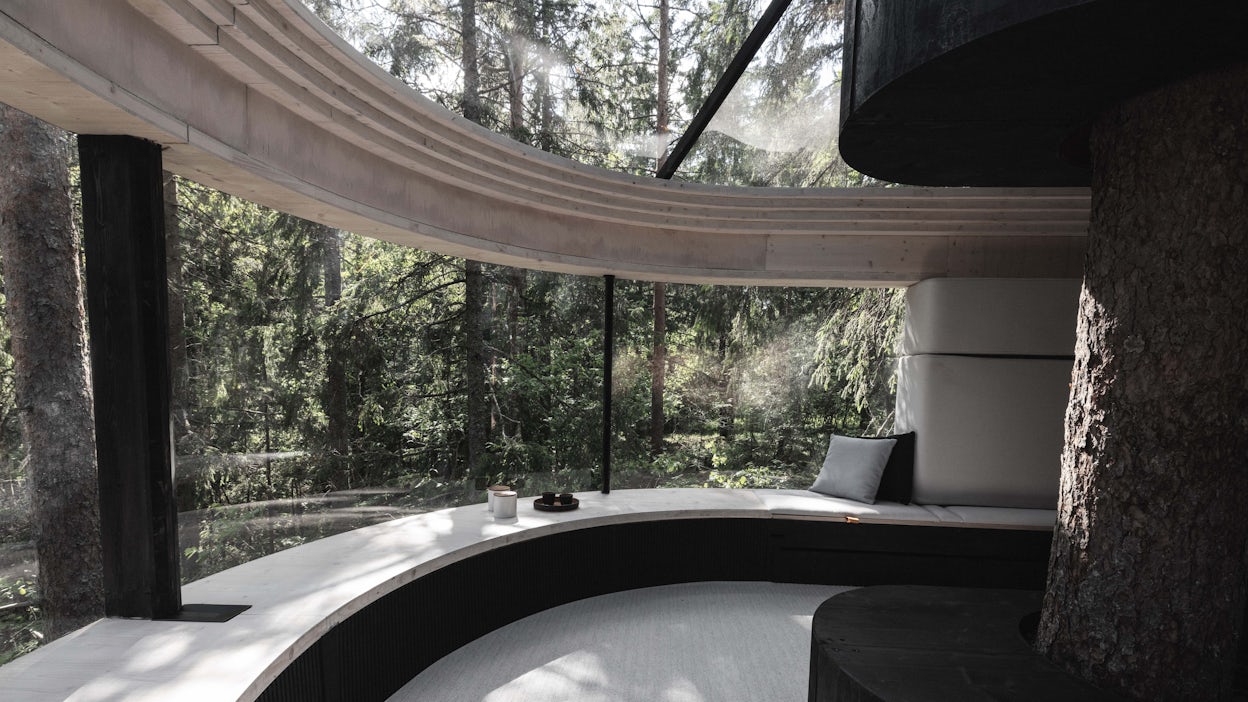
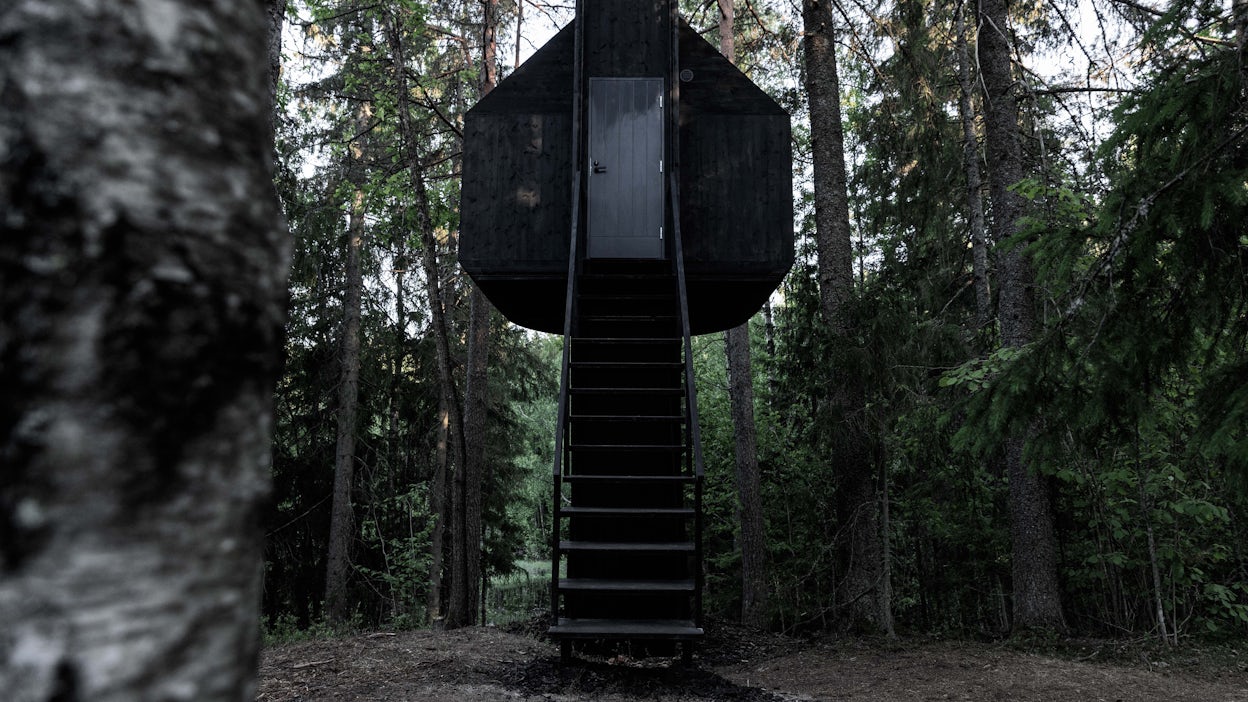
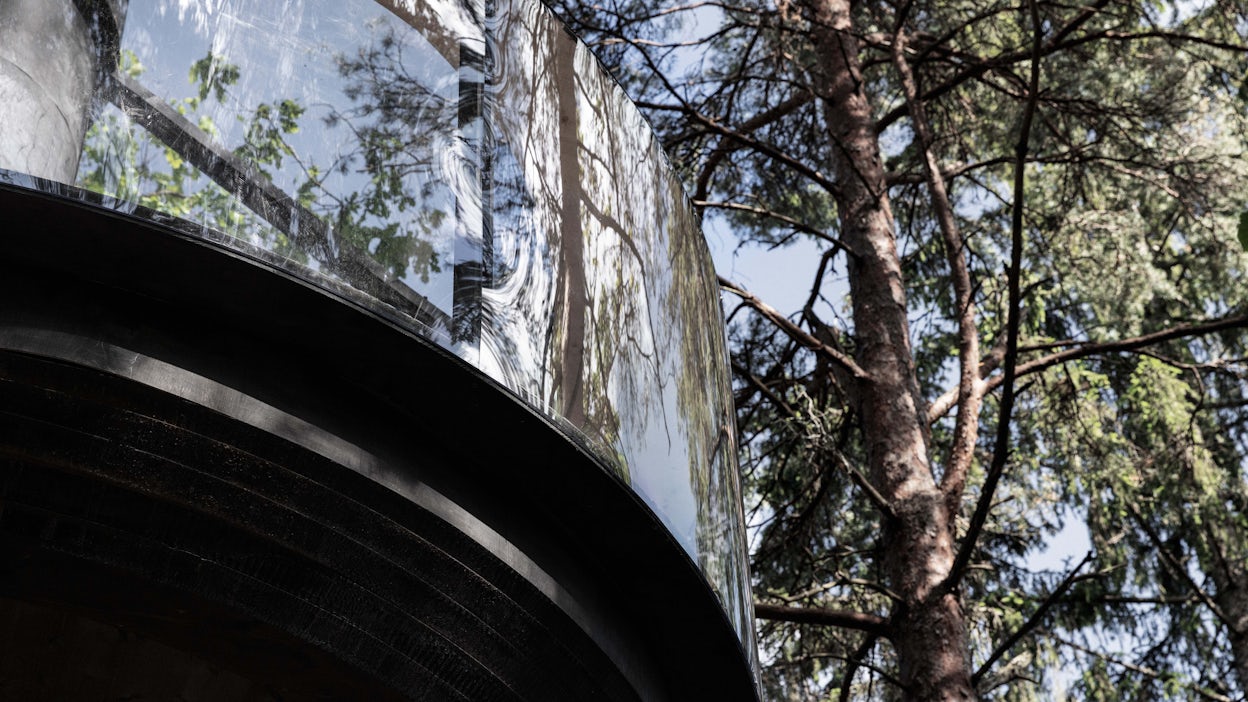
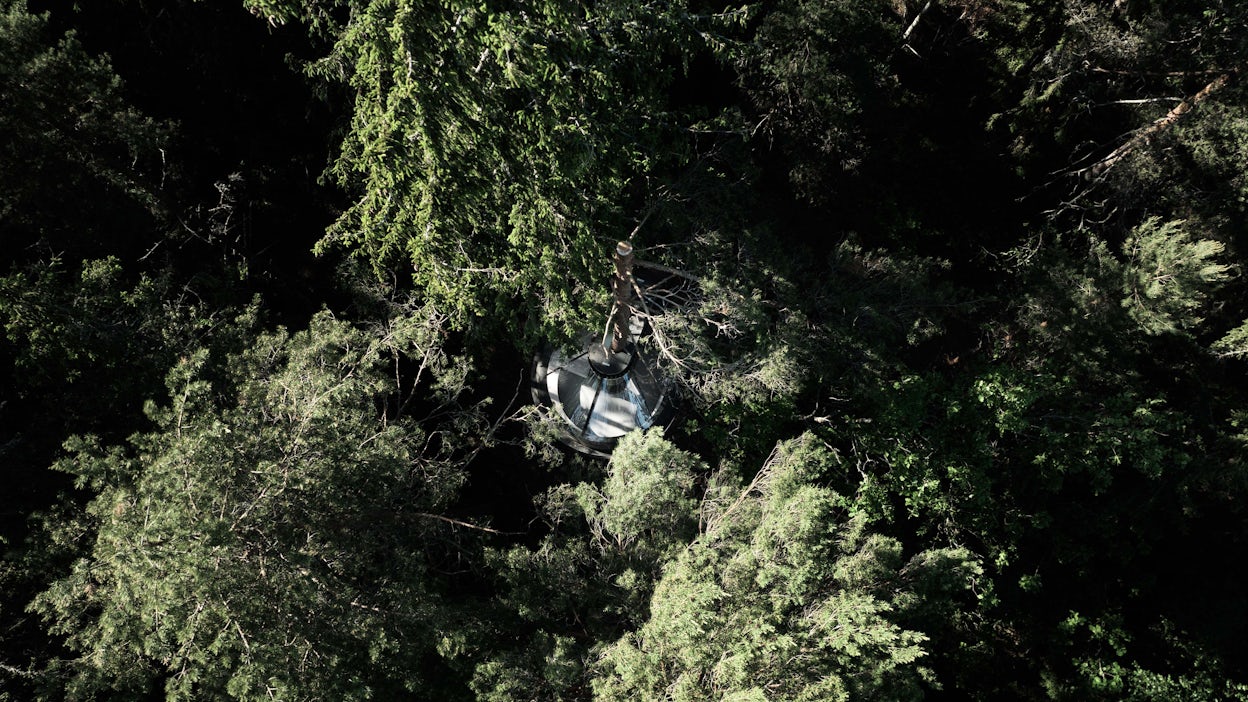






01/06
“It’s amazing how well it embodies our brand values,” states Martin Österberg, Head of Marketing for Polestar Finland. “It’s beautiful in its simplicity, and the fact that it’s made from locally sourced spruce really emphasises our focus on sustainability.”
“We think we found the perfect home for it here at the Biennale,” continues Österberg, referring to both the design focus of the event and the fact that KOJA isn’t the only micro-space in the area. The Biennale’s House by an Architect exhibition features the “Hammoc” by AS LL TK, as well as Aalto Wood Studio’s “Kore”, alongside other ecological mini-houses all demonstrating that smaller spaces can have an outsize impact when it comes to tackling the climate crisis.
And when the streets and thoroughfares of Fiskars become too narrow for Polestar 2, the Makka Polestar edition by CAKE electric scooter is on hand, offering zero-emission mobility on two wheels instead of four.
A word which already shares a definition across multiple languages, from the Swedish “koja” to the German “Koje” to the Japanese “こや” (yes, same pronunciation), has just gained a new meaning. Now, it also refers to a reimaging of what it means to get out into nature. A minimisation of material and energy usage in order to maximise experience. A redefinition of what a Polestar can be. And a way to encourage progress and change, especially as it pertains to environmental issues.
